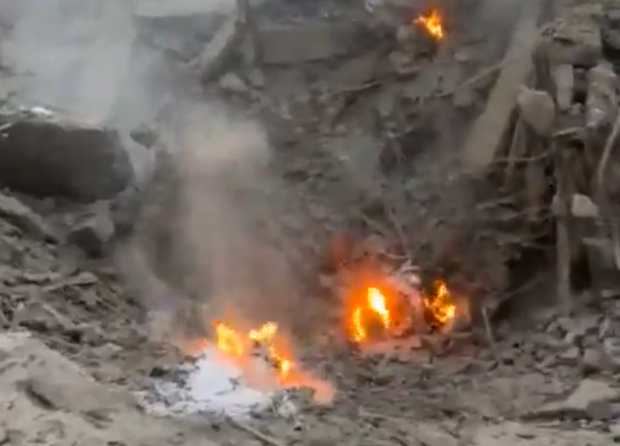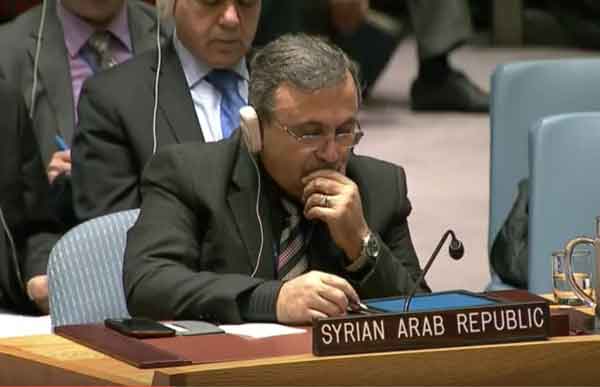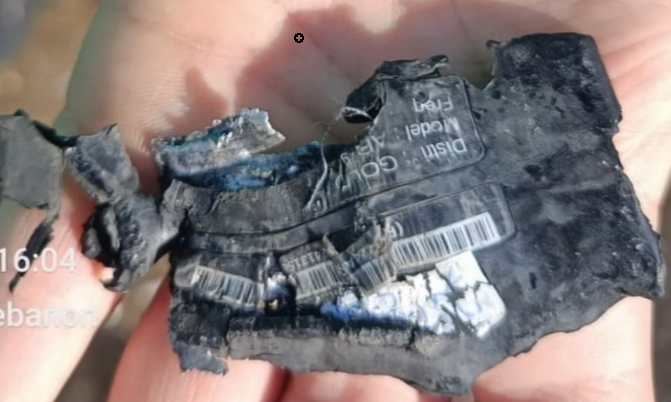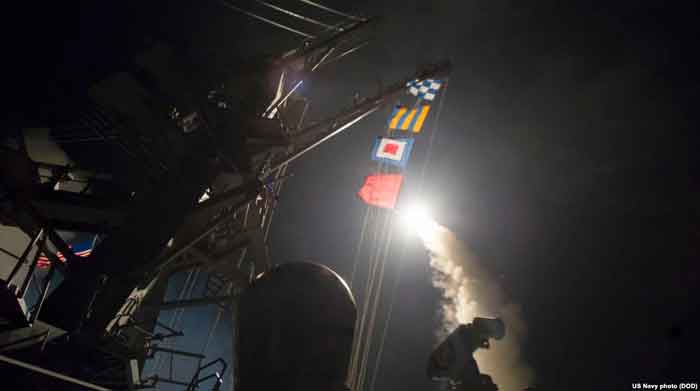Two days after its attack on a warehouse near Damascus, Israel launched yet another air attack on the areas around the Syrian capital on Sunday.
The third attack this year, carried out yesterday, is claimed by Israel to be an attack on a shipment of highly accurate Fateh-110 missiles being transferred to Hezbollah in Lebanon. But, insiders say the strike took place in areas of the sprawling military complex north of Damascus. Serious explosions were set off throughout the area there. At least 40 tremendous blasts were reported.
|
|
For the first time since the initial attack in January, Damascus complained of the strikes, and called the actions a “declaration of war,” promising an appropriate response. This harsh activity in recent months has raised the tensions to levels not seen since 2006 when Israel went head-to-head with Hezbollah in a month-long conflict.
After the air attacks on their northern neighbor, Israel beefed up its defenses in the north as they prepared for a response from Syria. Airspace in the northern regions of Israel were shut down on Sunday after the attacks and the Israeli Postal Service, reponsible for the distribution of gas masks, says that demand for the masks has quadrupled on Sunday. Two batteries of the Iron Dome defense sytems were also deployed to the northern border region of Israel.
Syria’s Assad regime now faces a serious dilemma, one that may not offer any winning option.If Assad continues to do nothing about the attacks that have taken place in his capital city, it will only encourage more frequent and harsher attacks on his soil as Israel becomes further emboldened.
But, on the other hand, if he does retaliate against the attacks that have taken place in the last 48 hours, Assad risks bringing Israel into the conflict and escalating his interior war into a regional one.
It has been over 40 years since Syria and Isreal have gone head-to-head in serious military conflict.
The unopposed airstrikes on Syria have emboldened some U.S. officials in the U.S. including Republican Congressman Tom Cotton, who, on NBC’s “Meet the Press,” pushed for the initiation of a “no fly zone” over Syria in an attempt to help the Syrian rebels in the conflict against their government.
Cotton told NBC listeners, “The Israeli strikes over the last 48 hours have indicated that those Russian air defense systems are not as robust as they are sometimes reported to be. We can stop Bashar al-Assad from killing his own people, and we can stop some of the worst violence in Syria.” President Obama is thus far opposed to any such actions.







